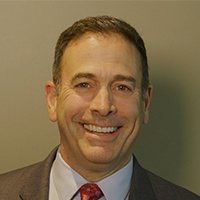Stanton White Collar Crime Lawyer, California
Sponsored Law Firm
-
 x
x

Click For More Info:
-
William Weinberg, Attorney at Law
19200 Von Karman Ave Suite 300 Irvine, CA 92612» view mapCriminal Defense Aggressive, and Intelligent Defense
For over 25 years, Attorney William Weinberg has been defending Orange County residents, both in the adult criminal courts and the juvenile court.
949-474-8008
Sue S Jung
✓ VERIFIED20+ YRS CRIMINAL LAW EXPERIENCE, FORMER DEPUTY DISTRICT ATTORNEY AND DEPUTY PUBLIC DEFENDER I am passionate about helping people using personalized... (more)
Paul Seth Meyer
✓ VERIFIEDFollowing 10 years as a senior prosecutor with the Orange County District Attorney's Office, where he supervised the Homicide Panel, Paul Meyer founde... (more)
Karren Kenney
✓ VERIFIEDKarren Kenney was a Deputy Public Defender for almost 12 years where she became one of the best Orange County criminal defense attorneys, defending ev... (more)
Early Marlow Hawkins
✓ VERIFIEDEarly Hawkins proudly serving Santa Ana, CA and neighboring communities in the areas of criminal, DUI-DWI, white collar crime, felony, and misdemeanor... (more)
FREE CONSULTATION
CONTACTCraig Wilke
FREE CONSULTATION
CONTACT William Weinberg Irvine, CA
William Weinberg Irvine, CA Practice AreasExpertise
Practice AreasExpertise





